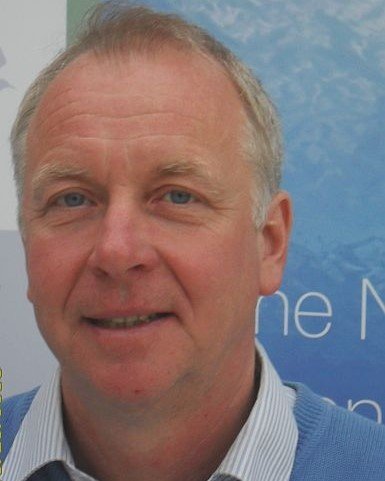Here below you can find all master courses the University Centre offers. All courses are taught in 1-3 week modules running from August through June. See how the courses are organised in the teaching schedule for both programs. Usually 2-3 courses are taught at the same time, but students may only enroll in one course at a time.
The master courses are available to you whether you plan to pursue a degree or just take a course or courses. Please review the options for guest studies to determine how you can apply.
For further information, contact the Administrative Director of Education and Teaching.
Business Incubator
- Spring 2024
- Next course: 18. March - 27. March 2024
- CMM/CRD Elective Course | 4 ECTS
- Course:CRD21
- Instructor: Dr. Peter Krost
About the course
In this course the creative potential of the participants will be released. Of course, under the general umbrella of sustainable bioeconomy, and in relation to the Westfjords conditions. Aim is to generate, develop and pursue business ideas, up to a business plan. The innovation course is somehow an innovation in itself. The course format differs from classical university standards: The course content is embedded in a role play which will help to get a feel for the various perspectives in a project application process. The course is demanding and strenuous, sometimes you will have to work until late and there will be no grades. But it’s great fun as well and you will be surprised by yourself and your colleagues!
Instructor
lives and works in Kiel, situated in the northernmost region of Germany at the coast of the Baltic Sea. Being born in Essen, an industrial city in the middle of Germany, Peter moved to Kiel to study biology and particularly marine biology. He finished his PHD there in 1990, and spent a year as postdoc in Eilat (Israel), studying environmental effects of fish aquaculture.
After that Peter worked as a research assistant at the Kiel Institute for Marine Science (which is called GEOMAR nowadays) and in 1994 he and 3 of his friends started the company CRM (Coastal Research& Management) which was in those days one of the first marine biology companies in the country.
As the cosmetic sales picked up, they started a new company, oceanBASISLTD, which today produces and sells marine extracts, cosmetics and foodstuffs worldwide.
Another ambition of Peter's is to advise and assist start-ups in the field of sustainable marine bioeconomy. Currently he's a coordinator of a project that will lead to a business accelerator for the aquatic bioeconomy (“AQUATOR”). This project is funded by the Merman Ministry for Research, the consortium encompasses partners from academic institutions and private enterprises.

Learning outcome
The field course will explore blue/green economy or entrepreneurship in marine aquaculture in arctic and sub-arctic regions. Students will get an insight into the state of the art through lectures and visits to companies. The curriculum will focus on today’s limitations and challenges, an introduction to sustainable resource use and innovative management. Participants will then work individually or in groups on a range of ideas, leading to a business model according to the ‘Business Model Canvas’ for each project.
On completion of the course, a student:
- can identify contemporary challenges in marine aquaculture.
- has demonstrated ability to develop an idea for an innovative and sustainable project within aquaculture and make a business plan.